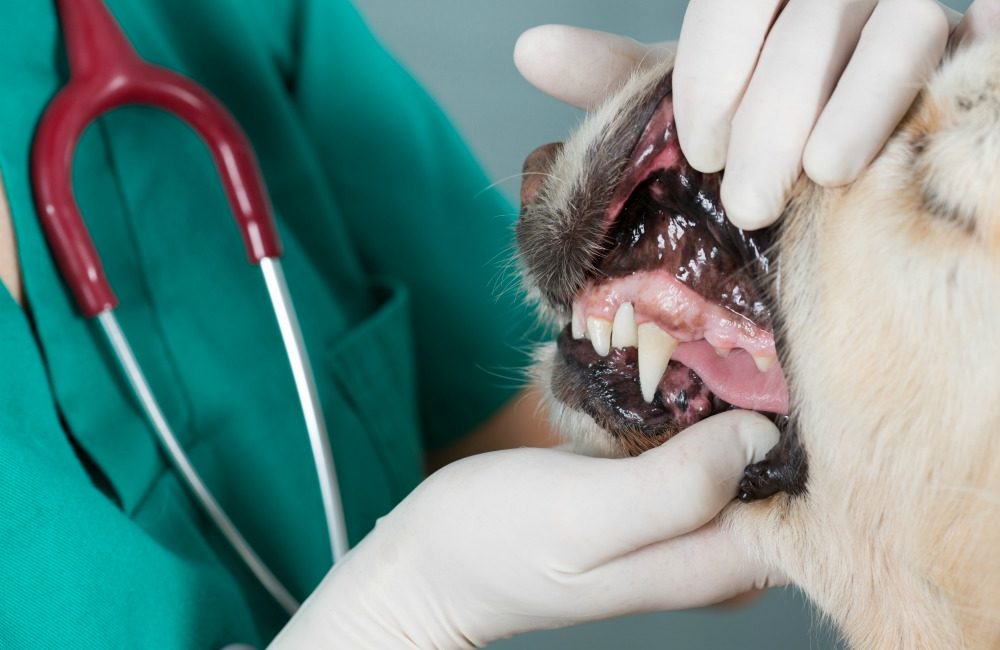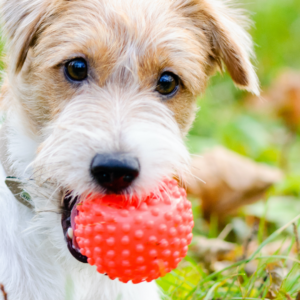Welcome, all Pet Parents! It’s the time of the year that we start to think and talk about all things dental related. The purpose of this particular blog is to provide some basic information on dental hygiene and give some practical tips for improving the oral health of your pet.
It is unfortunate but if you have teeth and you live long enough your oral and dental hygiene will deteriorate. Our pet’s life expectancy is greater than ever, and that means that without some input and effort oral and dental disease can have a significant impact on the health and quality of life the pet has as it ages.
Many factors influence whether a particular pet with developing dental disease these include but are not limited to:
- The sized of the mouth: typically, the longer the mussel is, the larger the mouth is and the more space occurs between the teeth. This extra room prevents food particles from getting trapped and facilitates the flow of saliva around the mouth.
- The volume and composition of the saliva: It has been recognized that not all pets produce the same volume of saliva and even when they do there can be significant variation in its composition. Promoting saliva production is beneficial as saliva helps to control oral bacterial growth and even repair micro-abrasions on the teeth.
- Oral Biome: the oral biome is made up of the millions of different microorganisms that live in the mouth, they determine if there is bad breath, the pH of the mouth, and the rate of dental tartar accumulation. Every individual will have a different biome and thus an oral environment specific to them.
- Enamel density: The composition of the teeth is determined whilst the animal is very young, typically the external surface of the tooth (enamel) is deposited within the first 6 months of life. A high-quality diet as a puppy is vital to ensure that the teeth produced are as healthy as possible.
- Current diet: Some foods that contain higher moisture content or higher levels simple of carbohydrates, these factors will affect the oral biome. If the organisms grow rapidly the rate of dental deterioration increases. Unfortunately, these sweet wet foods are highly palatable and pets crave them.
From first glance, it may appear that there is little that can be done to influence the rate of dental decay however nothing can be further from the truth. There are many approaches to promoting oral hygiene and they all have varying impacts. For the purpose of this blog, I am going to focus on one particular approach. Dental Food!
Of course, brushing with pet-safe toothpaste is the most effective and will always yield the best results, but people don’t brush their pet’s teeth regularly. A Canadian survey found less than 1% of dog owners brush their dog’s teeth more than once a day as they would their own. And we won’t even talk about how often cat owners brush their pet’s teeth.
So, what is dental food and why would this be worth considering: Dental food is for many pet owners a very realistic approach to doing something great to promote their pet’s oral hygiene. I will get into the specific benefits of the dental food but the massive and obvious reason that it is effective is: It is easy to do every day and to commit to doing long term. As the deterioration is a slow gradual process it would fit that a low-grade daily approach will yield good results. In addition, if it’s easy then people are more likely to stick to doing it for the years that are required. In my experience pets fed on dental food will need less than half the supplementary dental care provided by veterinarians.
What are the specific characteristics of dental food that makes it effective?
- Larger size: the larger kibble requires each piece to be chewed thus having a gentle mechanical action against the tooth.
- The kibble composition: the kibbles are made so that they don’t crumble when bitten into, this property allows it to work at cleaning all surfaces of the tooth.
- Ingredients: They have a fully balanced formula designed to minimize oral biome growth and reduced tartar accumulation whilst providing the highest standards of nutrition when fed daily.
- Cost effective: All foods provide nutrition and the benefits of one food over another have long been debated. The only foods that provide nutrition whilst caring for their teeth are the dental foods!
Pet’s should start dental food early in their lives before the dental disease has started. The food can be very effective at preventing the development of dental disease, however, once the dental disease is present you should check with your veterinarian prior to starting as it may be a painful or detrimental choice.
Of course, this is not the only method of promoting oral health and with the correct amount of dedication and investment, there are some options that exceed what dental food can do. However, those of us guilty of brushing once in a blue moon to keep our conscious clear might think of this as a more reliable and fruitful approach.
Written by: Dr. Lethan Dwan, Veterinarian




